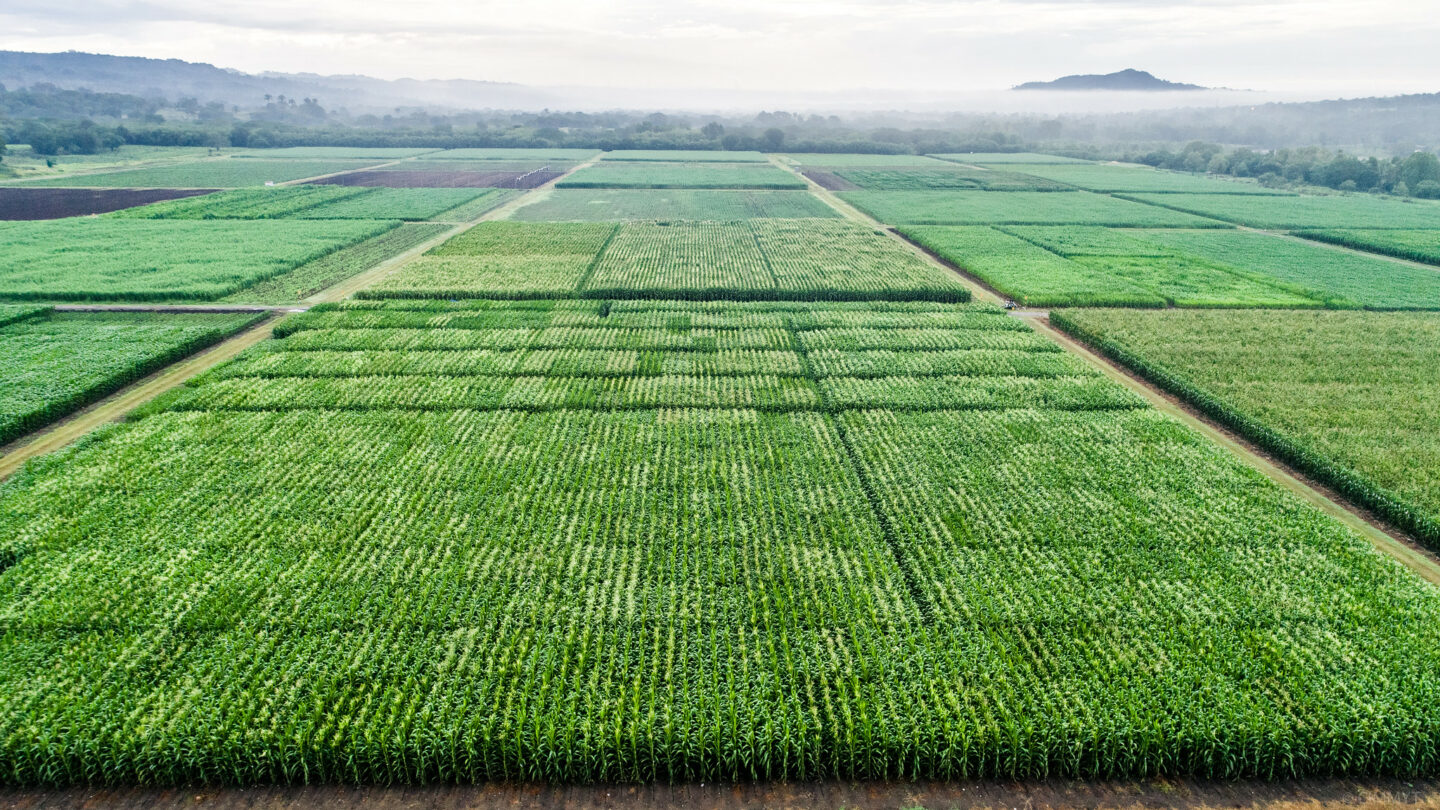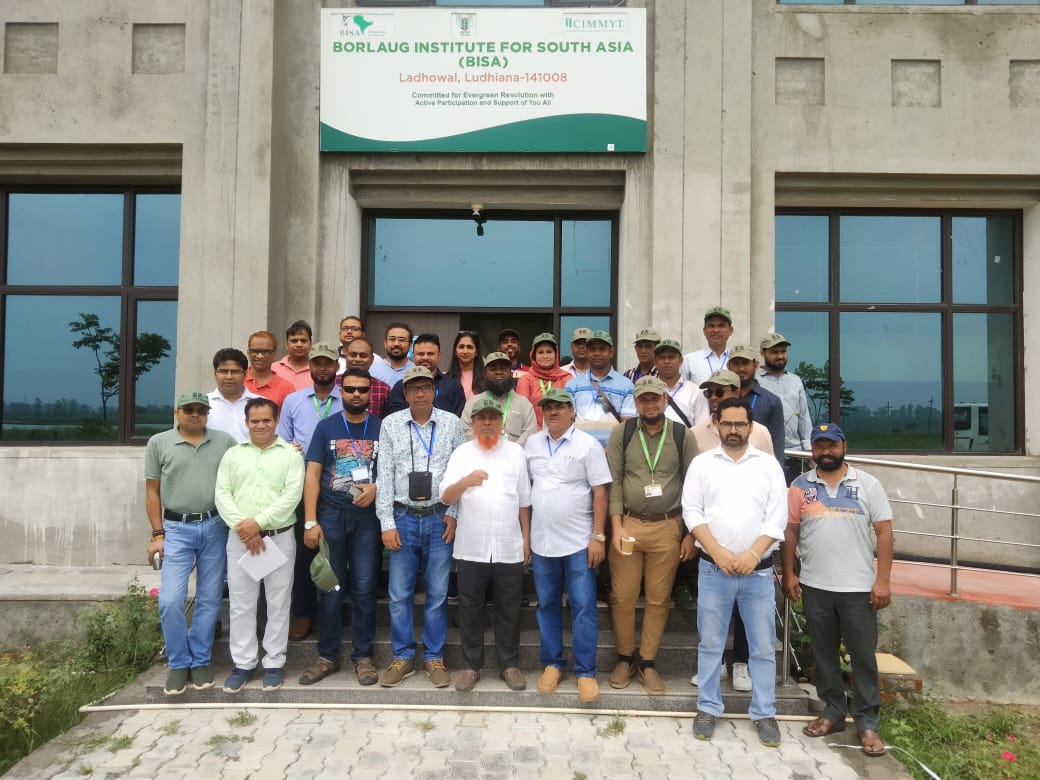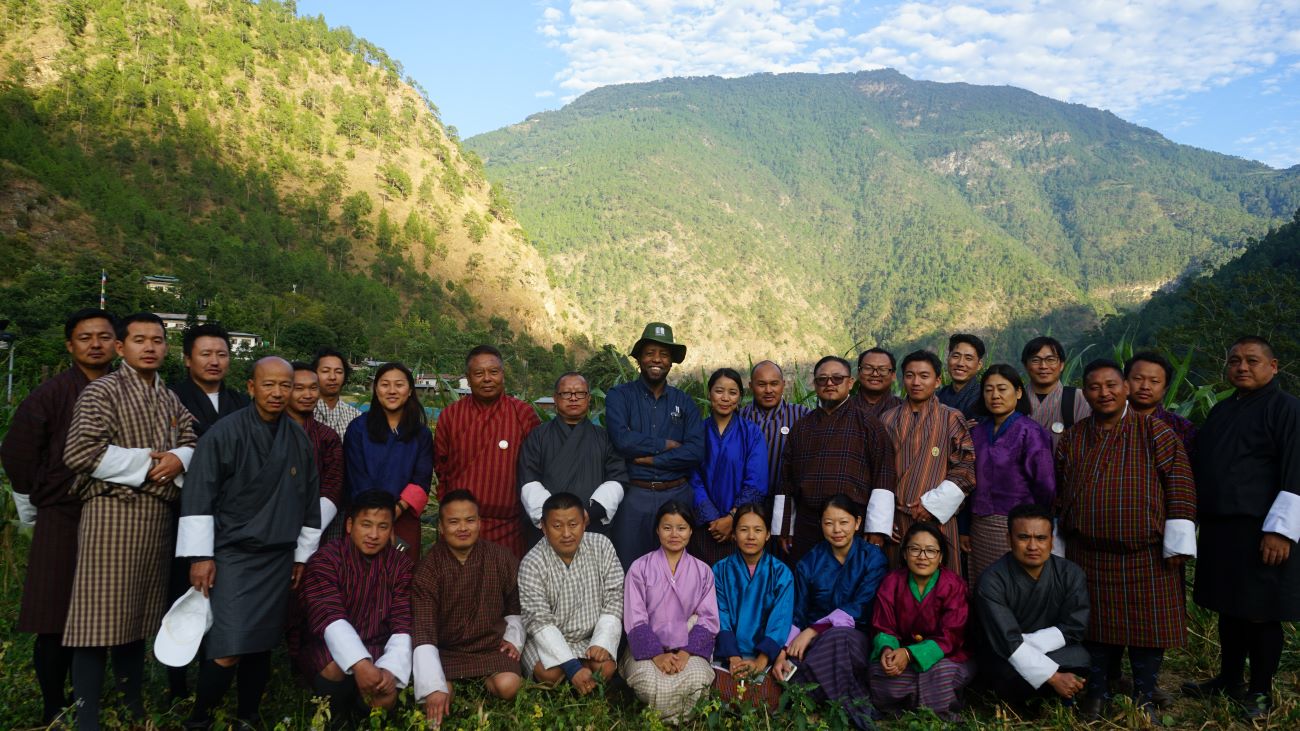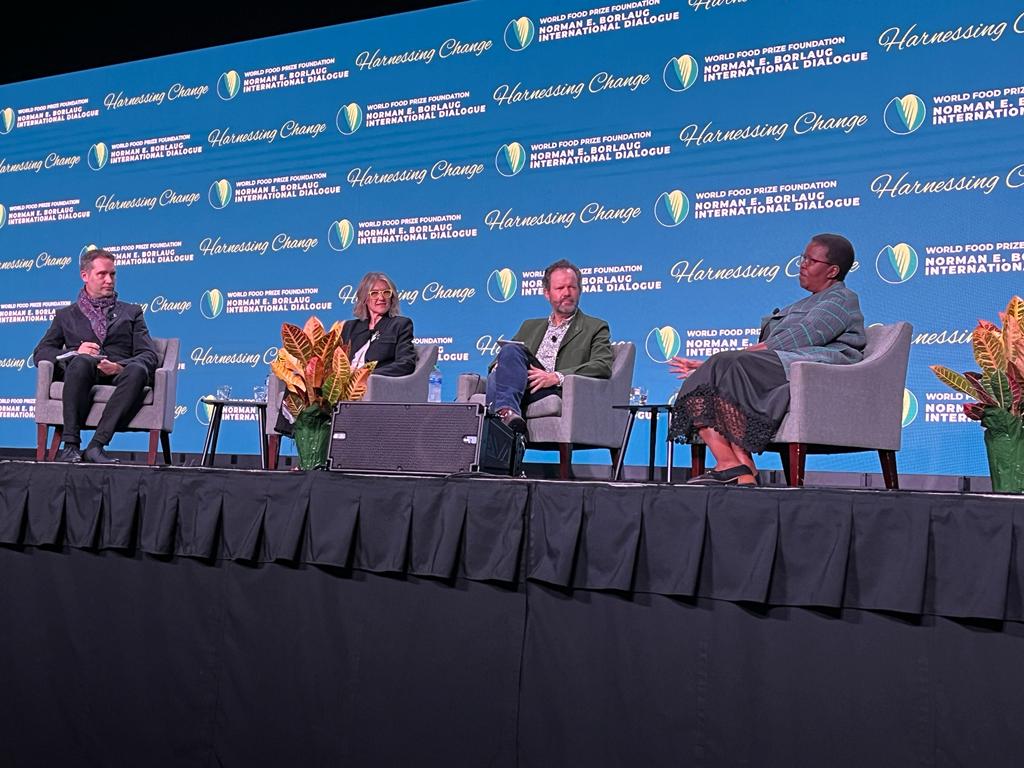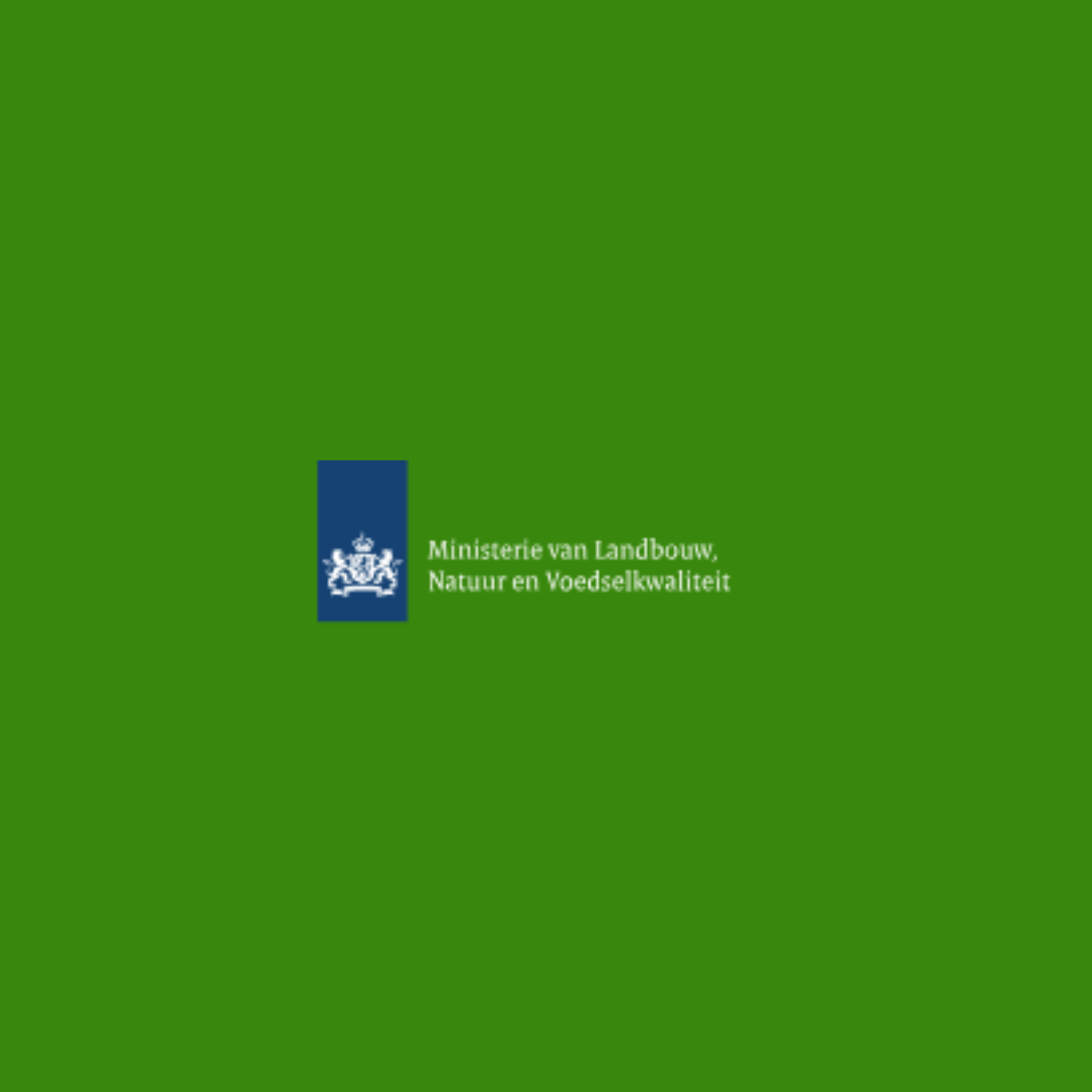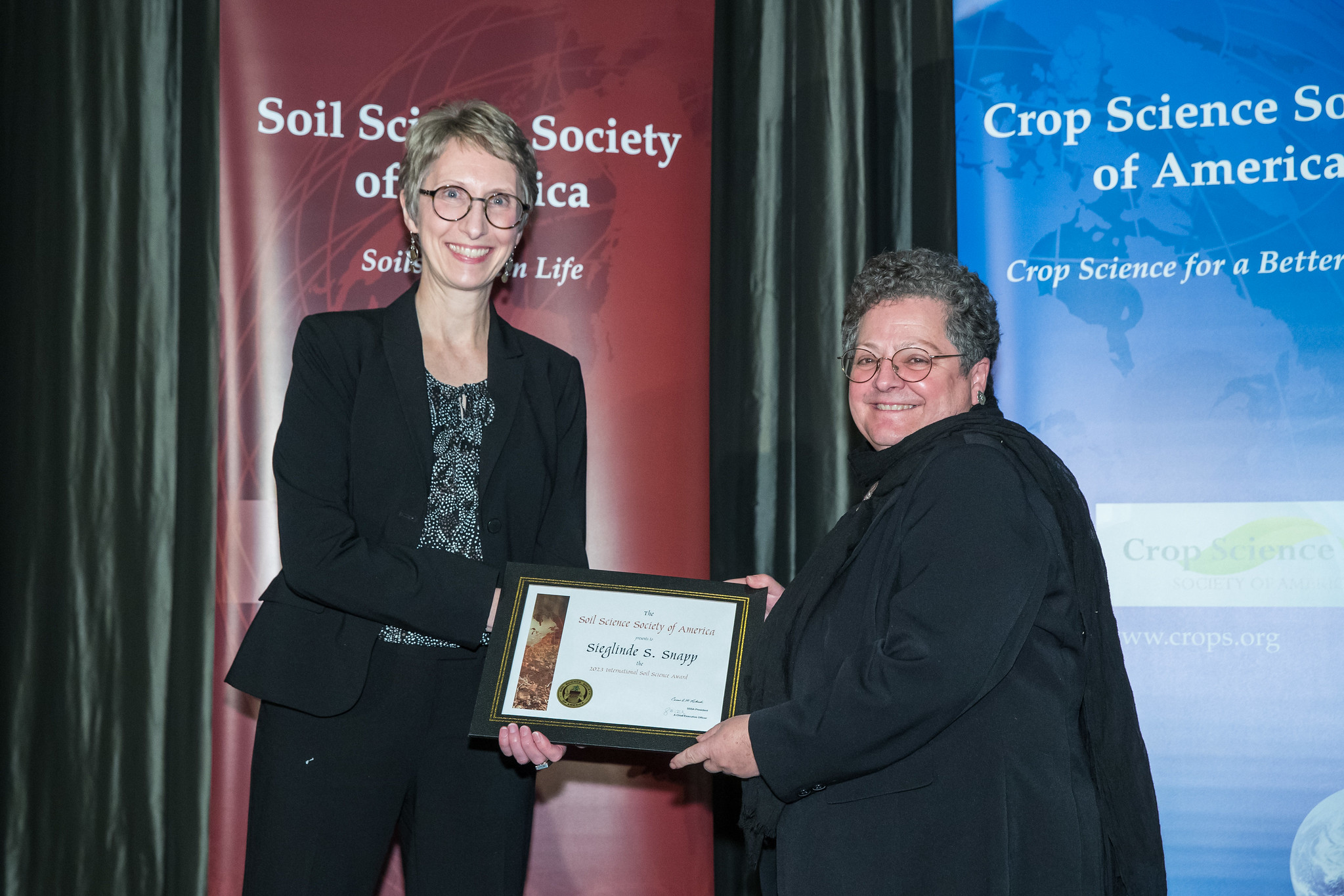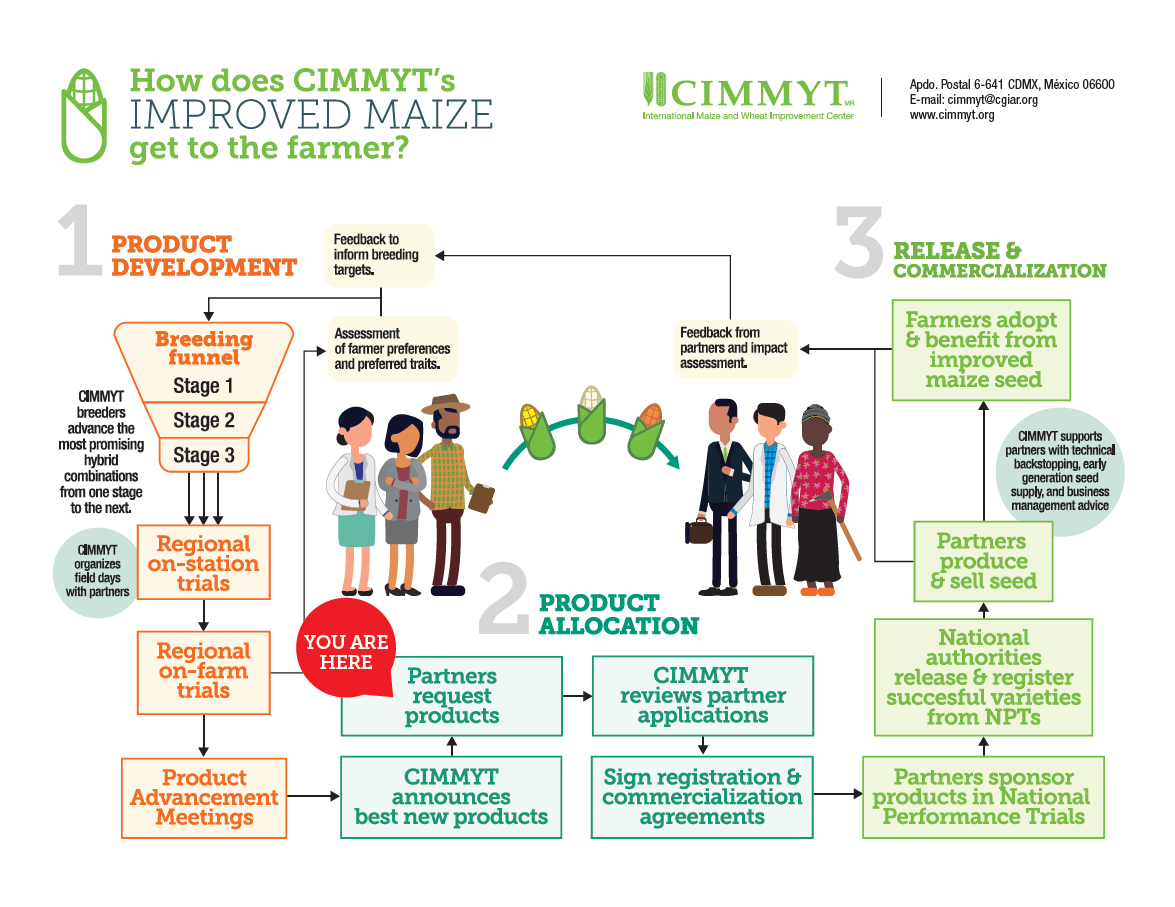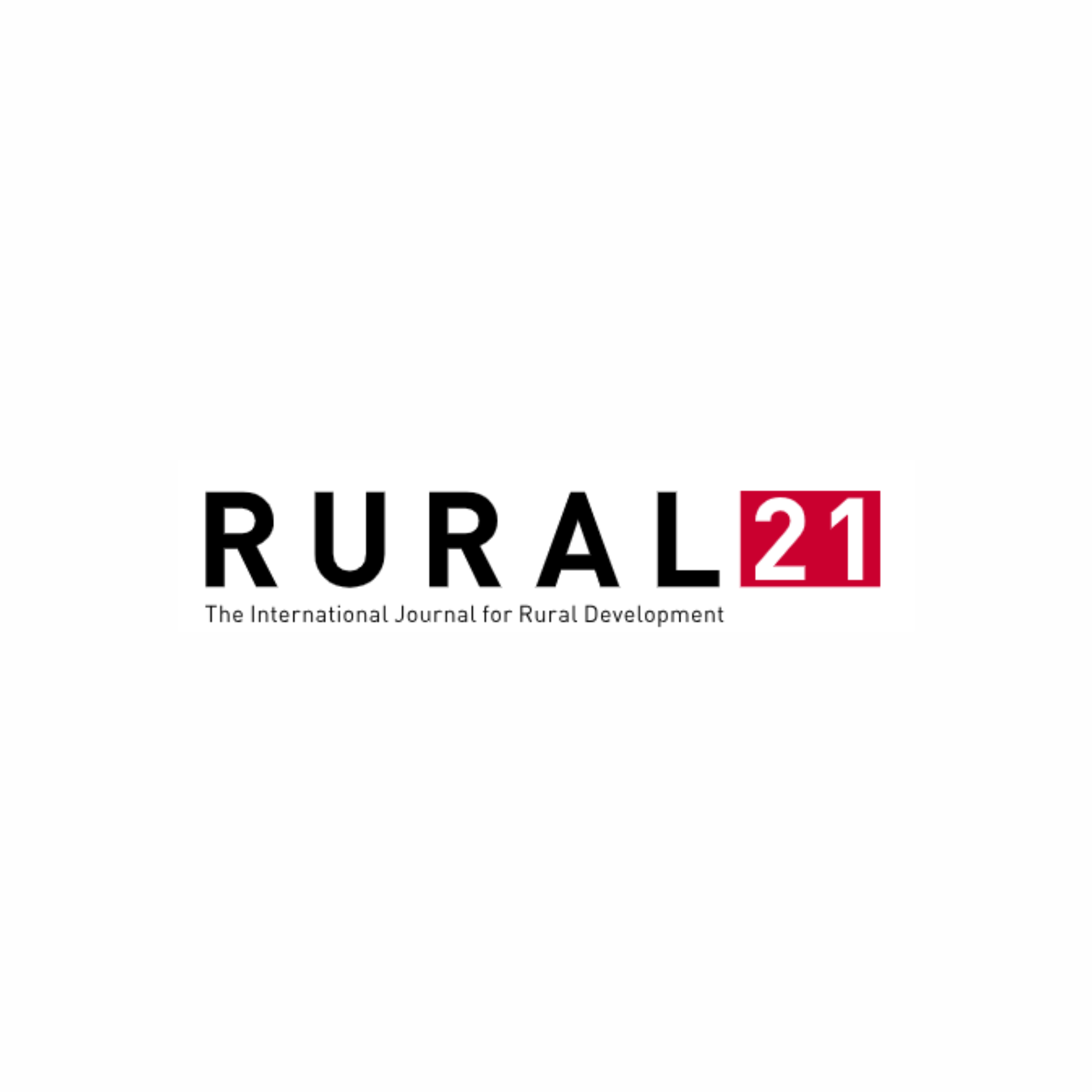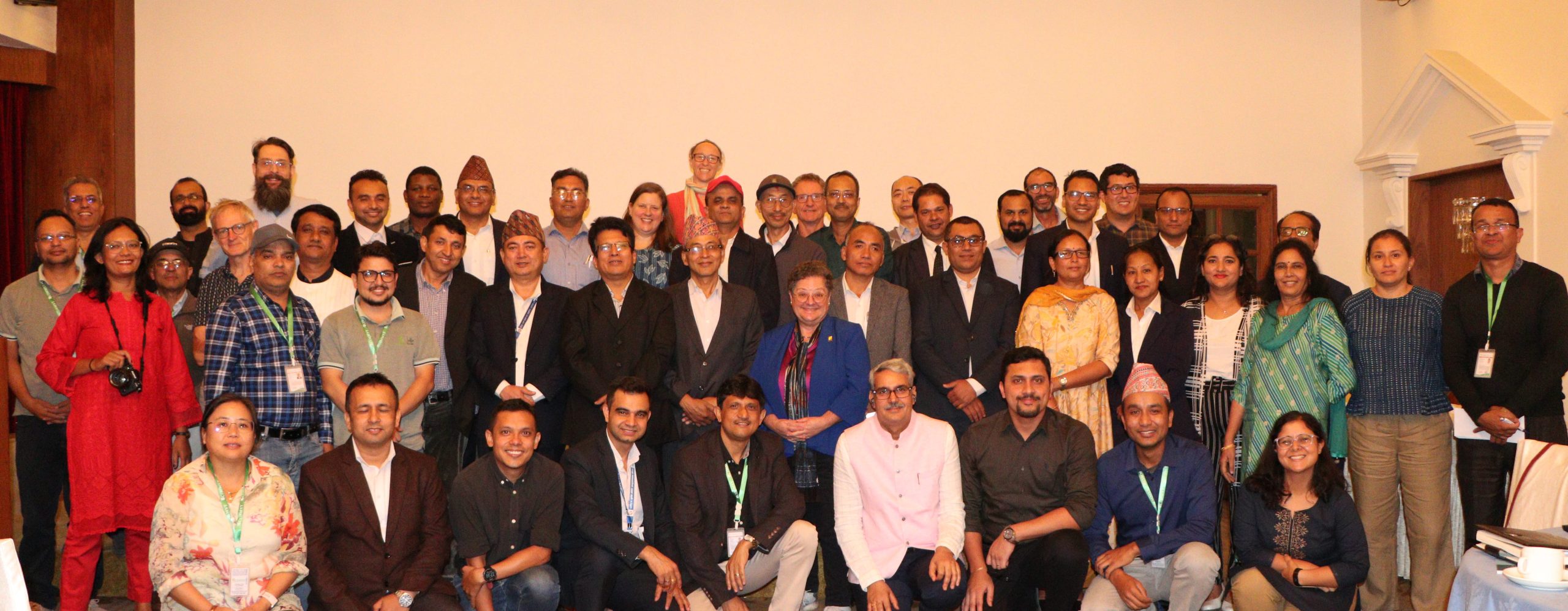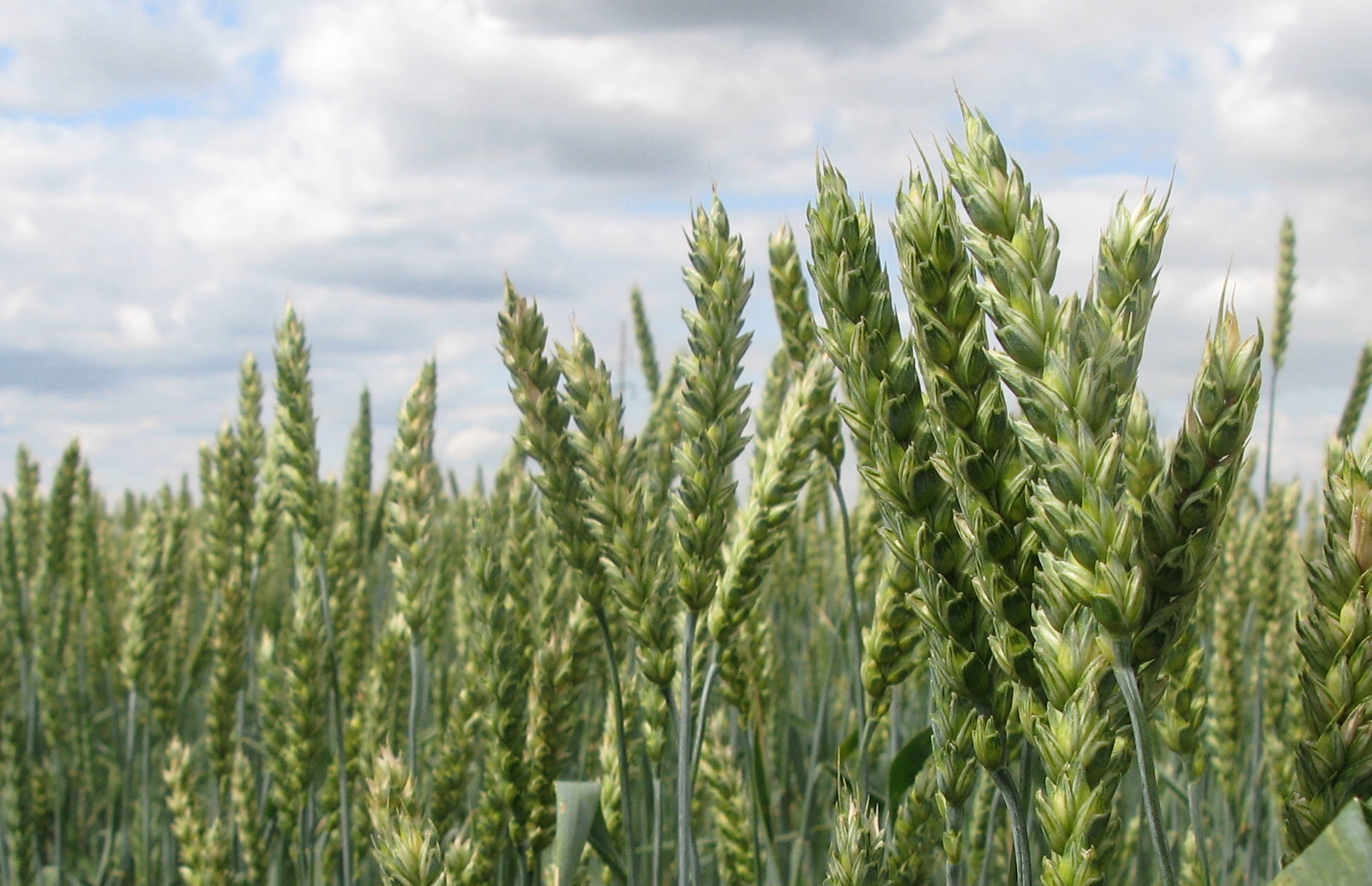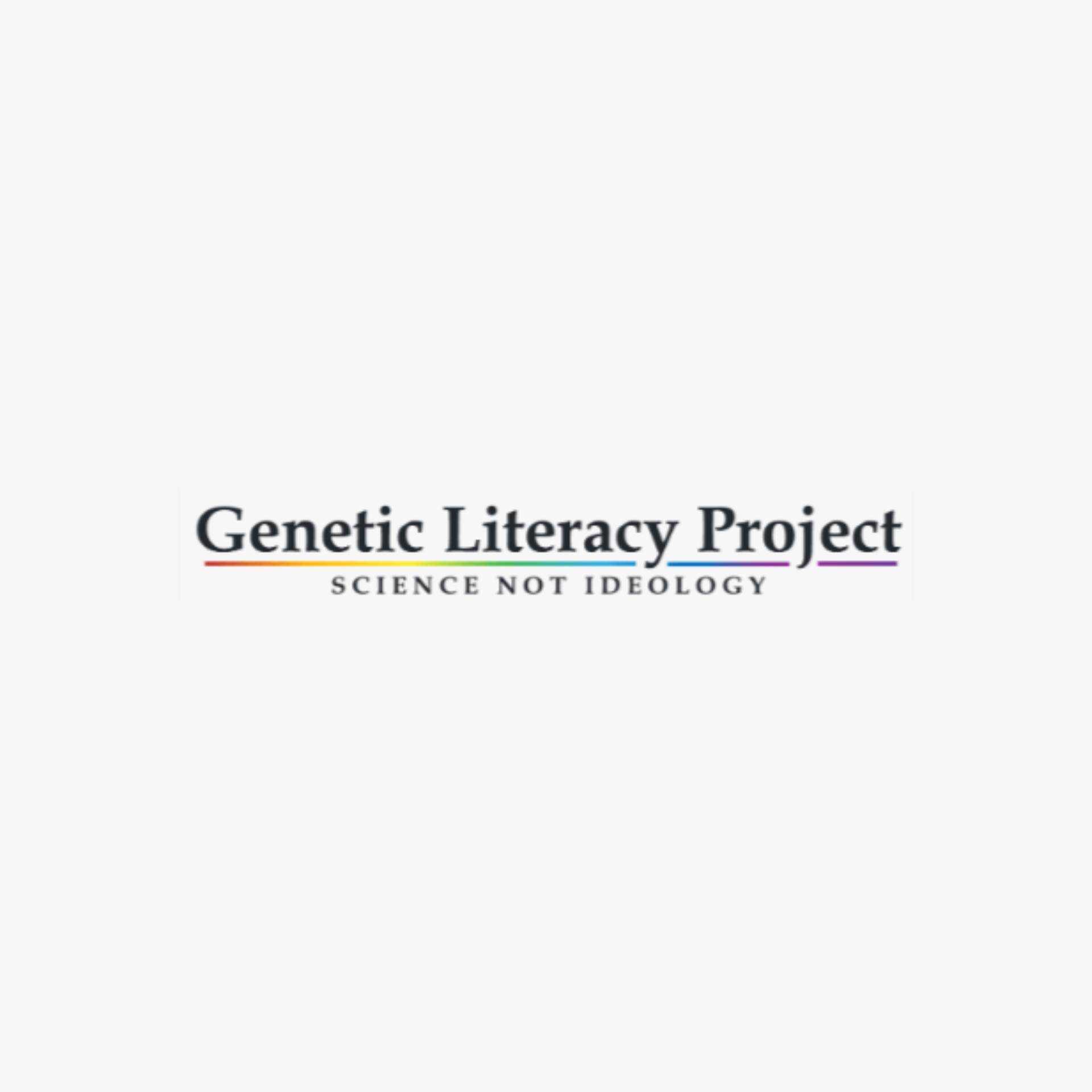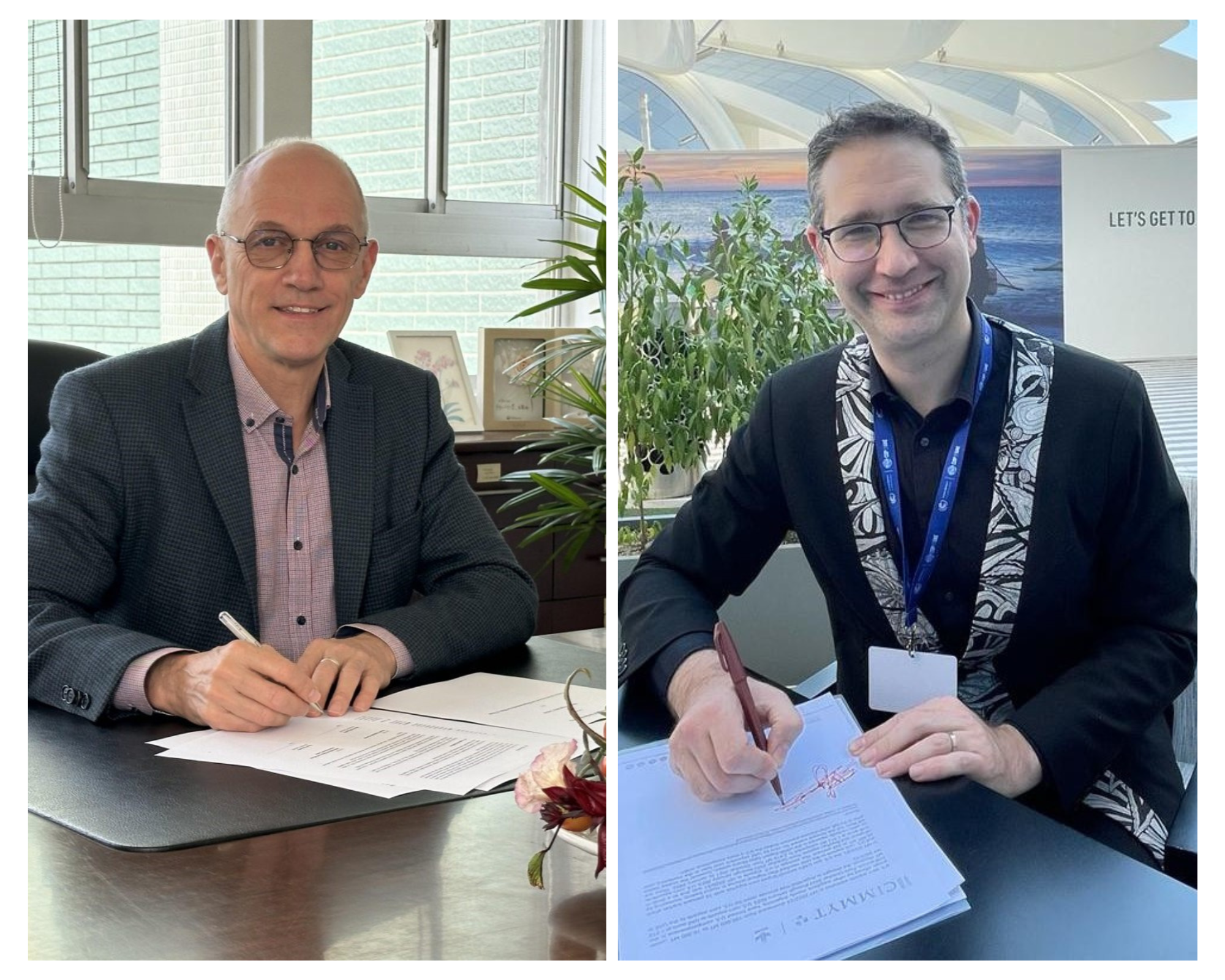Blogs
How CGIAR maize breeding is improving the world’s major staple crop for tropical regions
 Climate adaptation and mitigation
Climate adaptation and mitigation
Maize breeding innovations by CIMMYT, the International Institute of Tropical Agriculture (IITA), and CGIAR’s Accelerated Breeding Initiative, will deliver climate-resilient and nutritionally enriched maize varieties for farmers and consumers.
Exposing the potential of agricultural mechanization in India and Bangladesh
 Capacity development
Capacity development
CSISA-MEA, with support from USAID, organized exposure visits to India for Bangladeshi farmers to encourage environmentally friendly practices and business expansion among ABLE enterprises.
Strengthening seed systems emphasized to enhance Bhutan’s seed and food security initiatives
 Capacity development
Capacity development
The mountainous Himalayan country is facing a reduction in the production of cereals, and an increase in productivity within the limited arable area is needed.
The Landscape of Agricultural Biotechnology
 Climate adaptation and mitigation
Climate adaptation and mitigation
Source: Technology Works (18 Dec 2023)
Kevin Pixley explores the impact of genetic engineering on resilient crop varieties
CIMMYT at the Borlaug Dialogue
 Capacity development
Capacity development
The 2023 Borlaug Dialogue showcased CIMMYT’s collaborations in Mozambique and innovative initiatives to address agricultural challenges in Southern Africa.
Cultivando un México Mejor: 100% sustainable barley supply
 Innovations
Innovations
Source: Ministerie van Landbouw, Natuur en Voedselkwaliteit (18 Dec 2023)
Sieg Snapp receives International Soil Science Award
 Climate adaptation and mitigation
Climate adaptation and mitigation
Director of CIMMYT’s Sustainable Agrifood Systems program recognized for outstanding contributions to soil science.
Three new CIMMYT maize hybrids available from Southern Africa Breeding Program
 Environmental health and biodiversity
Environmental health and biodiversity
CIMMYT announces three new, improved tropical maize hybrids.
Why we need to go beyond technology
 Nutrition, health and food security
Nutrition, health and food security
Source: Rural 21 (11 Dec 2023)
Sylvanus Odjo and Heike Ostermann highlight systemic scaling up of post-harvest technologies.
Charting a new course in agriculture: NARC-CIMMYT synergy in Nepal
 Innovations
Innovations
NARC and CIMMYT prioritize food security and technology adoption to transform agriculture in Nepal.
Be Assiduous, Think Big, Be Committed
 Gender equality, youth and social inclusion
Gender equality, youth and social inclusion
Louise Fresco, former UN director and advocate for science and innovation, shared inspiring insights on resilience, gender equity, and the power of continuous learning during CIMMYT’s Catalysts of Change: Women Leaders in Science seminar
Nepal and CIMMYT forge decade-long partnership to advance agricultural science
 Capacity development
Capacity development
Source: Khabarhub (10 Dec 2023)
Nepal and CIMMYT sign 10-year pact to improve agriculture, focusing on improved production and markets.
CIMMYT wheat varieties help Ethiopia’s farmers mitigate devastating rust diseases
Ethiopia leads East Africa in wheat production, with 65% of sub-Saharan Africa’s share, through improved practices and varieties developed by CIMMYT.
Viewpoint: Hunger crisis — The number of countries unable to feed their populations has soared 400% since 2000. Here’s why crop biotechnology is a key solution
 Innovations
Innovations
Source: Genetic Literacy Project (11 Dec 2023)
CIMMYT and WorldVeg strengthen collaboration in the midst of the climate crisis to increase their impact
 Capacity development
Capacity development
Agreement builds on successful partnership in southern and eastern Africa.
